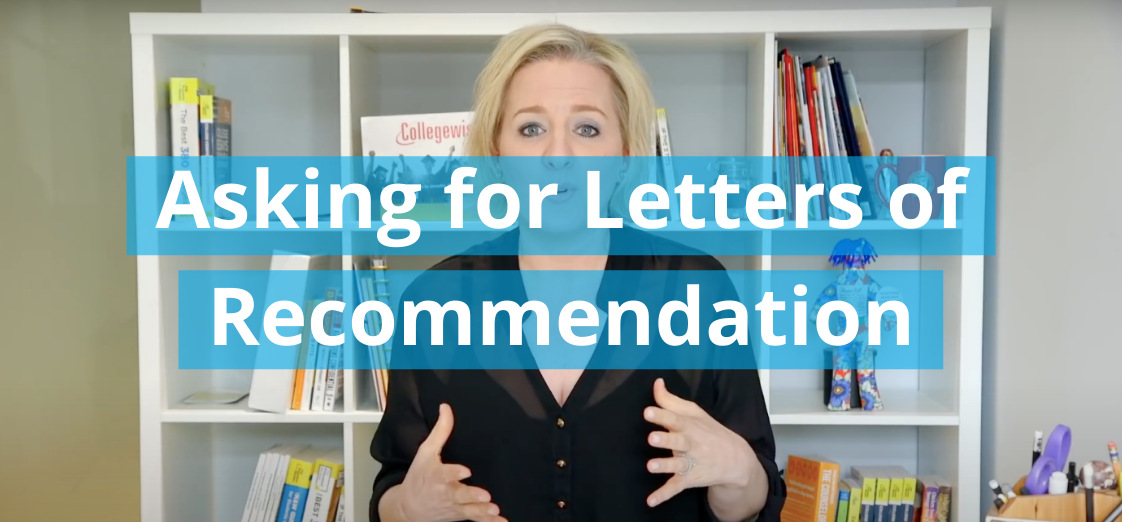One of the cringier questions that admissions officers are commonly asked at college fairs—virtual or in-person—is some version of, “How many hours of community service do I need to get into your school?” Spoiler alert: they never get a number as a response. It’s simply not how admissions works; there aren’t cutoffs around extracurricular activities. Yet, it’s so common that my colleague Tom (another former admissions officer) and I did an entire podcast about it: Community Service Is Not About The Hours.
I do understand the need for a sense of clarity that a hard number might provide. When admissions officers and college counselors talk about “holistic admissions,” there can be a certain opaqueness that leaves anyone not intimately familiar with application evaluation feeling a bit like an outsider. In the past year, with most admissions processes having shifted to test-optional, a good chunk of the anxiety students and their parents seem to feel centers less on some particular love of standardized testing, and more on the certainty of what testing meant in the process. A high score helps an applicant. A low score, not so much. So, it follows that in the absence of something that has long felt concrete, like an ACT or SAT score, it’s easy to fixate on “how many hours” or which extracurriculars are most impressive to admissions officers.
As students continue to return to some sense of normalcy this fall, it’s safe to say it’s been an adjustment being in-person for many. Coming along with that are more conversations and decisions on how to spend time outside the classroom. I’ve long used admissions-speak to support my students as they think about their “free time.” An example of this can be found in Turning the Tide II, a report from the Harvard Graduate School of Education’s Making Caring Common Project, “What makes service meaningful and what matters to the deans is whether service is chosen based on authentic interest and is immersive, meaningful, and sustained.” And this advice would hold across all activities a teenager might be involved with. Admissions officers have a particularly keen sense of smell when it comes to sniffing out an activity done because it “looks good” versus being rooted in genuine interest.
However, genuine interest is not necessarily the same as having a deep and abiding interest. Some students absolutely LOVE the way they spend time outside of the demands of their schoolwork, whether playing on the baseball team, writing for the literary magazine, or building new worlds in Minecraft. Genuine interest can also be an interest piqued. Trying out for the school musical as a senior, learning Navajo on Duolingo, or discovering previously unrevealed pickleball talents. Those who study child development will sometimes frame this as “Explore and Exploit.” Try new things AND go deeper with existing passions. Their research shows that both are essential for healthy child development.
The Berkeley psychologist Alison Gopnik discussed all of this with Ezra Klein in a podcast earlier this year. Anyone who loves nerding out on things like this will be particularly drawn to their conversation about the role of “play” in helping children develop resiliency. Unstructured time is fun and has great value! Even the most ambitious and hard-working students need time to unplug and step away. As this WSJ piece notes, “According to the doctors, play—including recess, playful teaching, and discovery, as well as periods of self-directed intellectual and physical activity by children with minimal direct interference by adults—boosts mental and physical health, develops executive function and offers “the ideal educational and developmental milieu for children.” So, not only does it create a happier and healthier child, it helps shape a more successful young person, too! And that, I think we’d all agree, is worth more than any number of community service hours.
About Us: With more than twenty years of experience, Collegewise counselors and tutors are at the forefront of the ever-evolving admissions landscape. Our work has always centered on you: the student. And just like we’ve always done, we look for ways for you to be your best self - whether it’s in the classroom, in your applications or in the right-fit college environment. Our range of tools include counseling, test prep, academic tutoring, and essay management, all with the support of our proprietary platform, leading to a 4x higher than average admissions rates.

.jpg)

.png?width=600&height=200&name=Blog%20CTAs%20(7).png)



